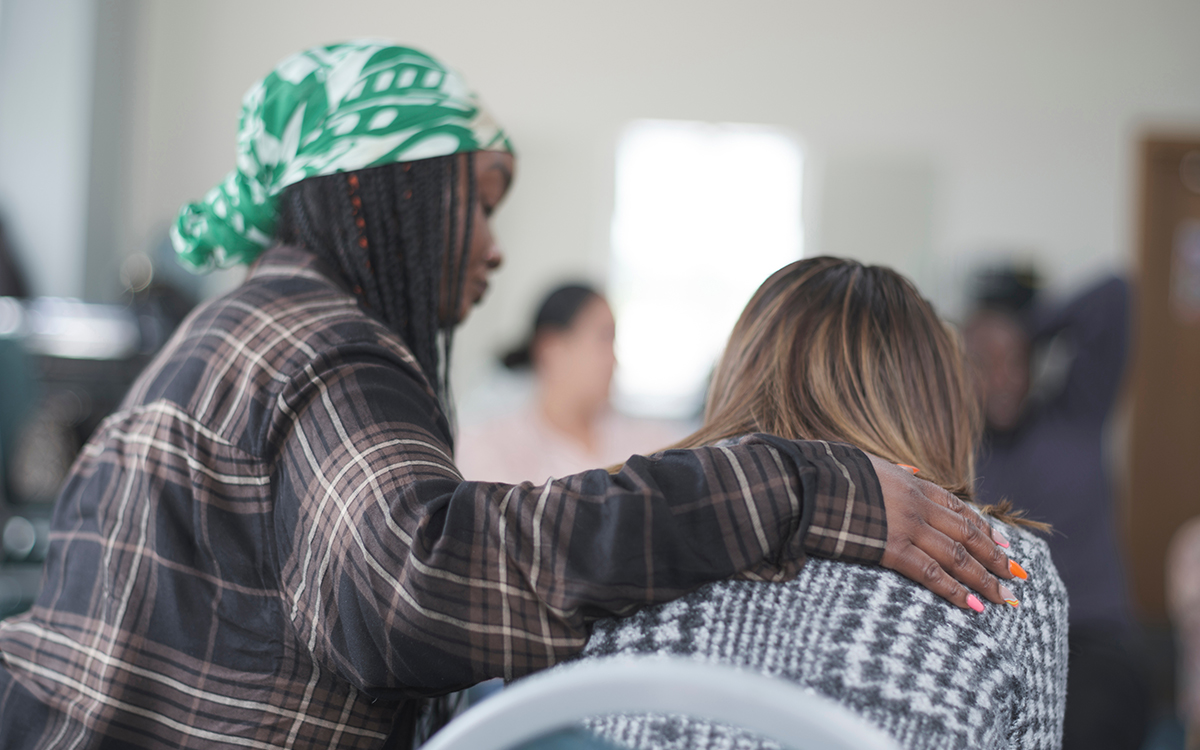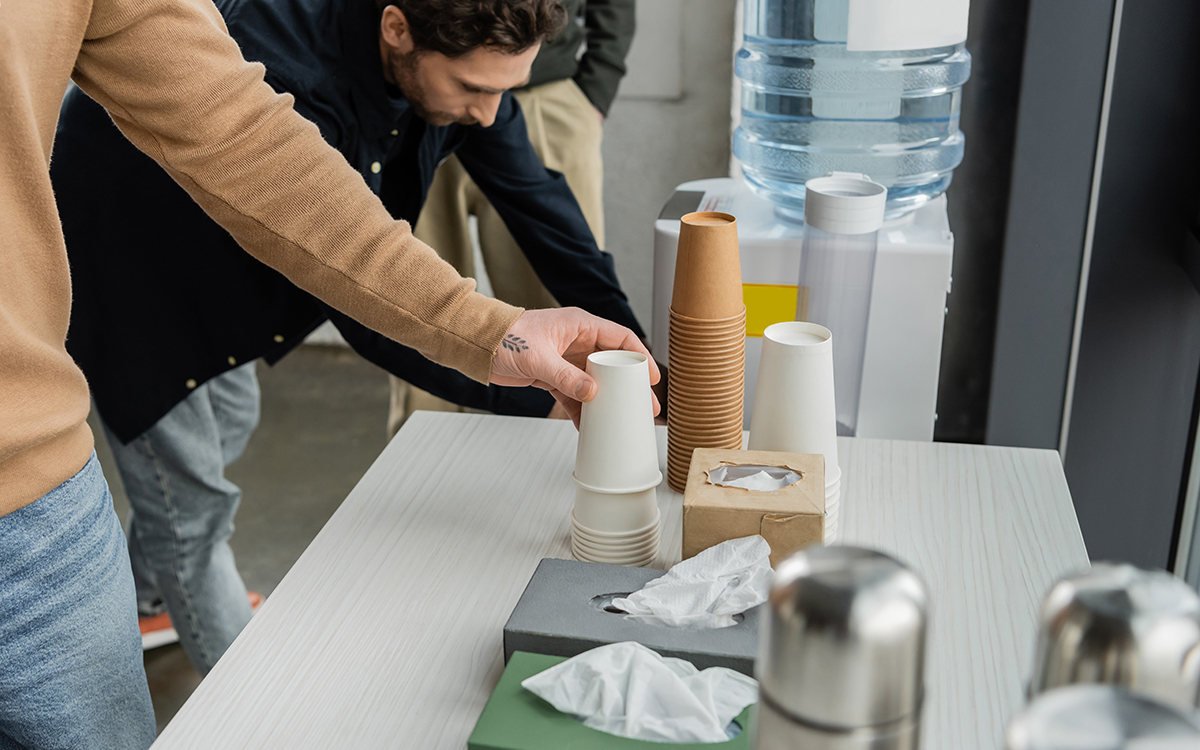How to Talk to Loved Ones About Starting Treatment

How to Talk to Loved Ones About Starting Treatment
For many people, making the decision to start recovery is hard — but talking about it out loud can feel even harder.
You might worry about how they’ll respond. Will they be angry? Relieved? Confused? Disappointed? Opening up about addiction or mental health challenges is deeply vulnerable — especially with the people who matter most.
But here’s the truth: You don’t have to have the perfect words. You just have to start.
This guide is here to help.
Why These Conversations Are So Hard
Let’s be honest — it’s not just the conversation that’s scary. It’s what it represents: change, accountability, uncertainty.
You may feel like you’ve already let your loved ones down. Or maybe you’ve spent years avoiding the topic entirely. You might be unsure how much to share, how to frame your decision, or whether they’ll even understand what you’re going through.
These are real concerns — and they’re completely valid. The good news? You don’t have to do it all at once.
When to Talk
There’s no perfect time to have this conversation. But there are better times:
- When both of you are calm, not in crisis
- When there’s space for real listening (not just quick replies)
- In person, or via phone if needed — avoid texting it all if possible
Give yourself permission to plan it — this isn’t about confrontation; it’s about connection.
What to Say (and What You Don’t Need to Say)
Here’s a simple structure you can use:
“I want to share something important with you. I’ve been struggling with [alcohol, substances, mental health] and I’ve decided to get help. I’m looking into outpatient treatment and I want you to know because it matters to me that you hear it from me directly. I don’t expect you to fix it — I just hope you can support me.”
You don’t need to:
- List every past mistake
- Prove how serious your problem is
- Answer every question on the spot
- Know exactly what the future looks like
You’re not obligated to say more than you feel safe sharing — honesty doesn’t have to mean total exposure.
How They Might React (And Why It’s Not About You)
Even supportive loved ones can respond unpredictably:
- Some may cry or get overwhelmed
- Some may jump into “fix-it” mode
- Some may bring up past hurt
- Some may say, “You don’t seem that bad”
These reactions are about them processing your change, not rejecting your recovery. You’ve been sitting with this decision — they may need time too.
Setting Boundaries with the Conversation
You’re allowed to set boundaries while staying open:
- “I’m not ready to talk about everything yet.”
- “I’m focusing on healing, not blame.”
- “I’ll share more when I feel ready — right now I just need support.”
- “I don’t need advice. Just knowing you’re here means a lot.”
Remember: recovery is about building safety, not obligation.
How Coast Recovery Can Support You
If you’re starting care at Coast Recovery, know this: You’re not in this alone.
Our team is here to guide both you and your family through this process. We offer:
- Family education sessions
- Individual counseling for loved ones
- Transparent updates (with your consent)
- Space for reconnection and repair
Final Thought: It’s a Brave Act
Talking to someone you love about recovery is one of the most courageous things you can do.
It’s not a sign of weakness — it’s a step toward change.
Start where you are. Use your voice. Let people in.
You might be surprised at how much care is waiting for you on the other side of the conversation.
Suggested Reads
Join Us on The Road to Recovery
If you’re curious whether outpatient recovery is the right fit, we’re here to help. Our team at Coast Recovery will meet you where you are — with no pressure, just real answers.



